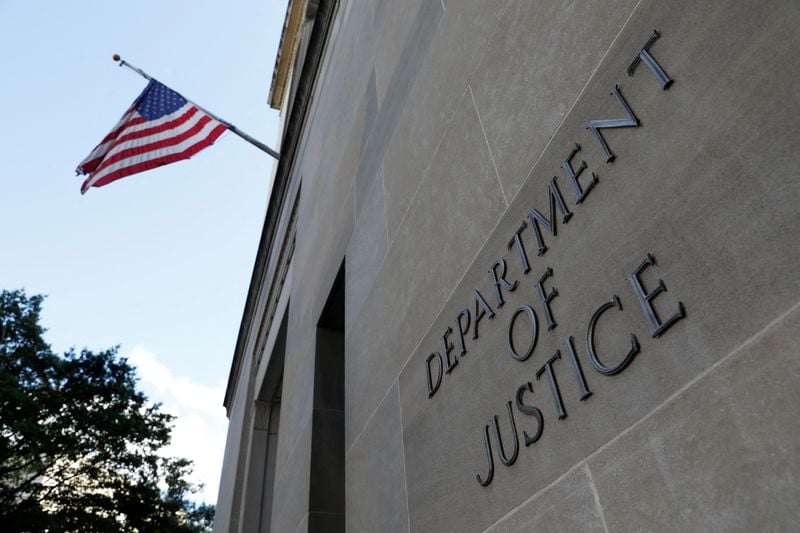GREENEVILLE, Tenn. – Following a six-day trial in United States District Court at Greeneville, a jury convicted Charles Elsea, Jr., 44, a longtime inmate of the Tennessee Department of Corrections, of conspiracy to distribute methamphetamine, marijuana, and money laundering.
Sentencing is set for August 8, 2022, at 10:30 a.m., before the Honorable J. Ronnie Greer, in United States District Court for the Eastern District of Tennessee at Greeneville. Elsea faces a maximum life sentence in prison, a ten-year minimum mandatory for Count one, and a term of supervised release of five years.
The trial was the result of a five-year investigation that began in the spring of 2017. The investigation spanned the country, multiple local and federal agencies worked together to bring this case to trial. Elsea was determined to not only be involved in the drug conspiracy but was the leader of the conspiracy. The evidence presented at trial demonstrated that Elsea was a leader of a prison gang and ran an entire drug organization behind prison walls, using smuggled cellphones to conduct his business outside the presence of the prison guards. Elsea conspired with gang members and others to distribute hundreds of pounds of methamphetamine across Tennessee. Elsea arranged multiple purchases of pounds of methamphetamine from his prison cell and directed coconspirators to transport the methamphetamine from California and Arizona to Tennessee. Elsea and his coconspirators also used the drug proceeds from the methamphetamine to create marijuana grow houses in and out of Tennessee. Elsea even started two marijuana grow operations during the pendency of this case, utilizing the jail’s video system to speak to coconspirators about the cultivation of marijuana.
The criminal indictment was the result of an investigation by the DHS-HSI, DEA, USPS and with the assistance of Tennessee Department of Correction Office of Investigations and Conduct; Elizabethton, and Carter County Joint Drug Task Force; Huron Undercover Narcotic Team with the Michigan State Police; the Arkansas Highway Patrol; Missouri Western Interdiction Task Force with the Kansas City, Missouri Police Department; California Visalia Police Department. This investigation was led by HSI Special Agent John Bulla.
Assistant U.S. Attorneys Meghan L. Gomez and J. Christian Lampe represented the United States at trial.
This investigation is part of an Organized Crime Drug Enforcement Task Forces (OCDETF) investigation. OCDETF identifies, disrupts, and dismantles the highest-level drug traffickers, money launderers, gangs, and transnational criminal organizations that threaten the United States by using a prosecutor-led, intelligence-driven, multi-agency approach that leverages the strengths of federal, state, and local law enforcement agencies against criminal networks.
###

